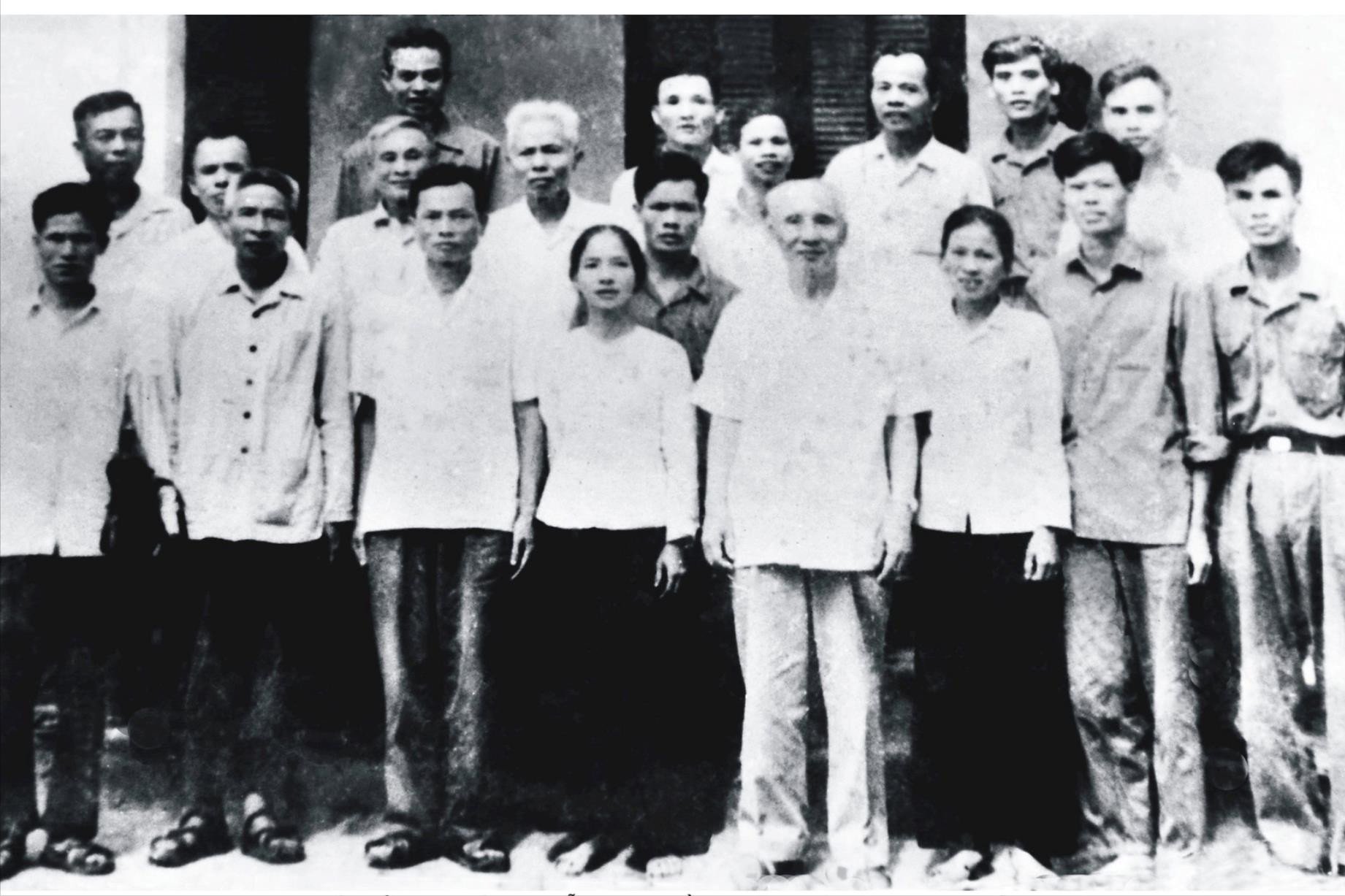
Throughout the thousands of years of our nation's history of building and defending the country, Dong - Hai Duong is a land with a long history, rich in cultural and revolutionary traditions, one of the cradles of the Red River civilization, of the Northern Delta. From this land, generation after generation has together built up and promoted traditions, made the homeland famous, and made great contributions to the nation.
Continuing the stream of honoring the traditional flow of our homeland and country, it is touching and proud that we are all respectfully remembering comrade Nguyen Luong Bang - one of the outstanding sons of Hai Duong homeland in the Ho Chi Minh era. The life of revolutionary predecessor Nguyen Luong Bang is worthy of being a shining symbol of personality and talent; a crystallization of the precious traditions of Hai Duong homeland, family and clan. It is the tradition of homeland and family that has contributed significantly to forming the noble personality and steadfast revolutionary will of comrade Nguyen Luong Bang.
Early formation of revolutionary aspirations
Hai Duong is a land with a long history, rich in cultural and revolutionary traditions. This place has a dangerous military position, with large rivers and mountains in the northwest and a large, fertile plain in the southeast with a dense population. Therefore, through many eras, Hai Duong has always been a battlefield, a support for movements to fight for and protect national independence. Since ancient times, under the domination of the Northern feudalism, the people of Hai Duong have constantly risen up to respond to the armed struggles of Hai Ba Trung and Ly Nam De to regain independence and autonomy. In particular, in 905, the people of Hai Duong rose up together with the chief of Hong Chau, Khuc Thua Du, to overthrow the domination of the Tang Dynasty, opening a long period of independence and autonomy for the Vietnamese people.
During the feudal period of Vietnam, the strategic land of Hai Duong contributed to the Ngo, Dinh, and Tien Le dynasties' establishment. In particular, during the resistance war against foreign invaders from the 11th to 13th centuries, Hai Duong played an extremely important position and role in the attack and defense strategies of the Ly and Tran dynasties, especially in the resistance war against the Mongol-Nguyen invaders in the second half of the 13th century. Today, the place names of Van Kiep, Luc Dau, Binh Than..., the names and temples of famous generals such as Tran Quoc Tuan, Tran Khanh Du, Yet Kieu, Nguyen Che Nghia... and many other brave generals still remain in Hai Duong, which are vivid evidence of the outstanding contributions of the people of Hai Duong in the cause of defending the country.
In the following centuries, the spirit of patriotism, revolution, desire for freedom, and refusal to accept domination, injustice, and tyranny among the people of the Eastern region always smoldered, sometimes flared up, contributing to the nation to overthrow the domination of the Ming Dynasty, expel the Qing Dynasty, and fight against the oppression and exploitation of the harsh monarchy, the tyrants, and the tyrants at that time...
In the 19th century, when the French colonialists opened fire and attacked and occupied Hai Duong citadel in mid-August 1883, together with the people of the whole country, the people of Hai Duong actively participated in the anti-French movement, responding to the Can Vuong edict of leaders Nguyen Thien Thuat, Doc Tit... In the early 20th century, in the national liberation movement, the people of Hai Duong made outstanding contributions to progressive and revolutionary patriotic movements such as the Dong Du movement, Dong Kinh Nghia Thuc, Duy Tan... Those patriotic movements created the premise for the outstanding sons of Hai Duong at that time such as comrades Nguyen Luong Bang, Le Thanh Nghi, Nguyen Hoi... to participate in the patriotic movement following the proletarian revolutionary tendency...
Born into a poor Confucian family in a poor countryside but rich in patriotic traditions, from a young age, comrade Nguyen Luong Bang often eagerly listened to his grandmother tell him about the Nguyen Luong family tradition, about the typical examples in the family participating in the patriotic movement of the leaders Tan Thuat, Doc Tit... Thus, over the years, the love for the homeland, the country, the pride in the traditions of the homeland, the family, the will and the desire to overcome difficulties, to find a bright path were kindled and grew naturally in the young Nguyen Luong Bang.
Due to the early death of his father, at the age of 13, comrade Nguyen Luong Bang had to drop out of school and work to earn a living. At the age of 17, he found the port city of Hai Phong and did many different jobs. It was the tradition of his hometown, family, clan and the experience of a hard life of always having to witness the oppression and exploitation of the French colonialists against the people who lost their country that gradually formed in the young man a revolutionary spirit, a resistance against injustice and oppression, a spirit of patriotism and love for his fellow countrymen. That was the premise for comrade Nguyen Luong Bang to soon find and follow the path of proletarian revolution for the rest of his life, where his steadfast and indomitable revolutionary spirit and aspirations continued to be nurtured and tempered.
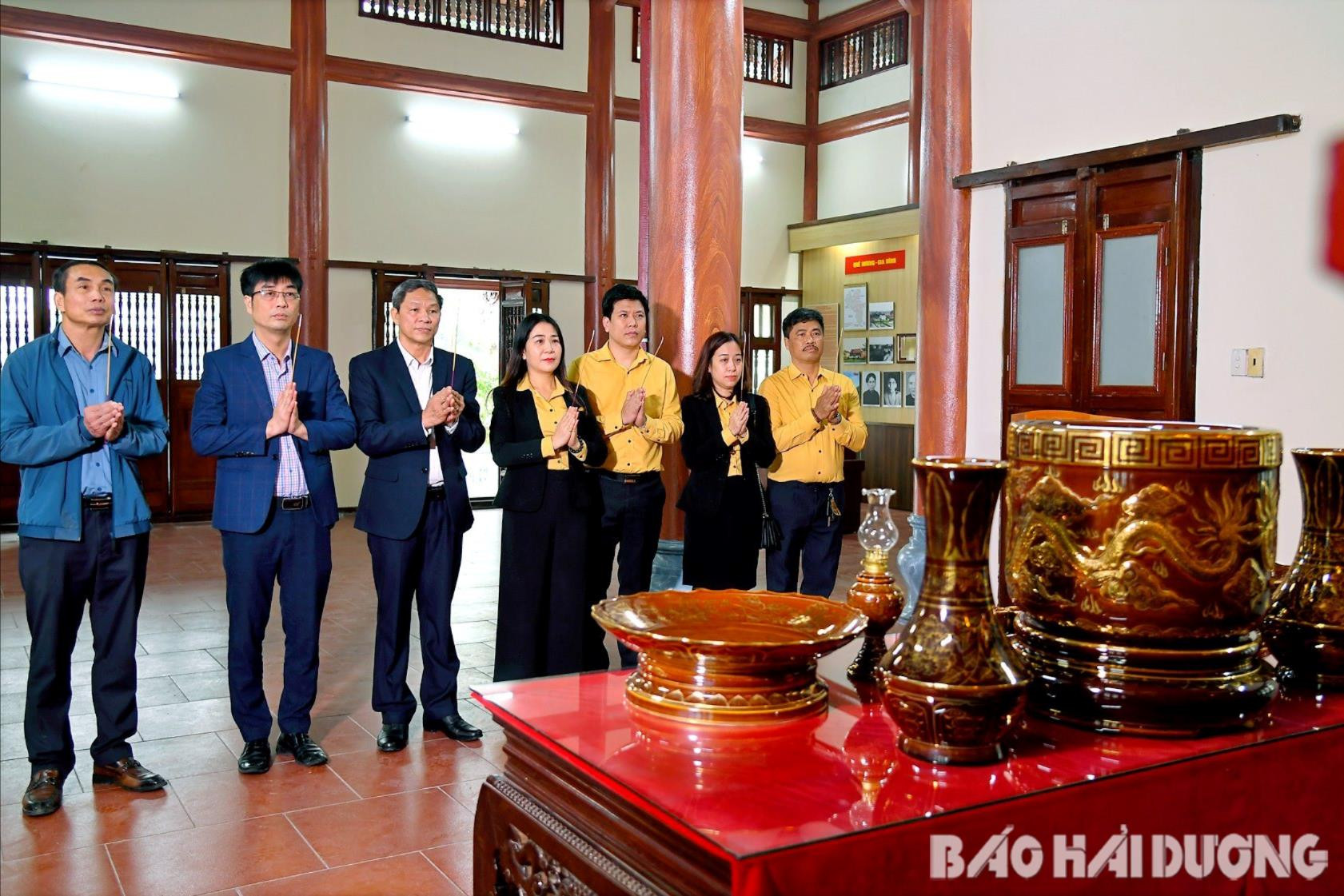
Unyielding, indomitable character
In the history of formation and development, Hai Duong is considered "The first town in the four towns" - the eastern fence, the eastern screen protecting the capital Thang Long and the Northern Delta. With a dangerous military position, Hai Duong is often the fierce focus of many resistance wars against invaders. Many outstanding children of Hai Duong in the past have clearly shown their steadfastness and bravery in fighting against foreign invaders. The sacred relics of hundreds of communal houses in all villages and hamlets in Hai Duong are always full of stories about typical examples.
Along with that, in the process of reclaiming land, expanding villages, and producing labor... the people of Hai Duong, generation after generation, have nurtured and cultivated valuable qualities: diligence, patience, and never retreating to conquer nature, build and protect the homeland... The historical context, homeland traditions, family traditions, and clans... have forged the people of Hai Duong in general, and the excellent son Nguyen Luong Bang in particular, with a strong will, courage, and mettle never to yield to any difficulty to rise up to master life and make revolution.
As we know, during his revolutionary activities, comrade Nguyen Luong Bang was arrested three times by the French colonialists and escaped successfully twice. During his imprisonment, despite being brutally tortured, he was always steadfast, maintaining his communist spirit; persistently working in the prison's secret organization; taking the lead in the struggle to improve the lives of prisoners. No matter how brutal the prison guards were, everyone saw in him an indomitable will and a revolutionary optimism.
Later, in each mission, on each stage of his struggle, his patriotism and good qualities originating from his homeland's traditions were further refined and shone brightly. That was the uncompromising attitude of fighting against the enemy; the spirit of being ready to sacrifice one's life to fight for independence and freedom, and the desire to build a prosperous and strong Vietnam. Comrade Nguyen Luong Bang's success in carrying out the tasks assigned by the Party was closely linked to the steadfast revolutionary ethics of a communist soldier, a leader who always put the interests of the nation and the Party first and foremost.
A shining example of self-study, diligence, thrift, integrity, impartiality and selflessness
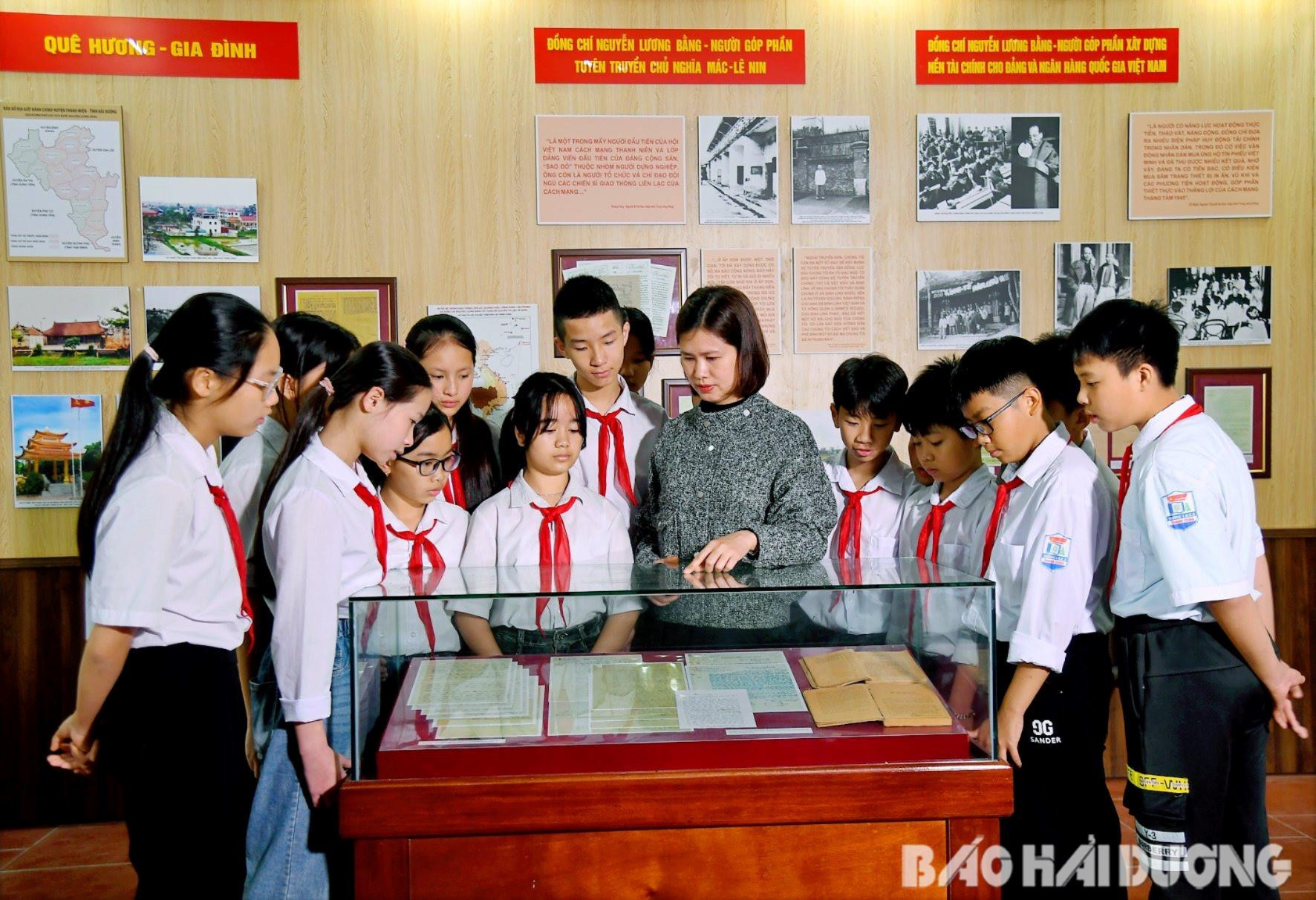
Since ancient times, Hai Duong has been known as a land of culture and love of learning. In the history of feudal examinations, Hai Duong ranked first in the number of Confucian doctors in the country with 472 people. Mo Trach village (Binh Giang) was honored as "Doctor village" with 39 doctors under feudal dynasties. Mao Dien Temple of Literature - the ancient Hai Duong town's Temple of Literature is a testament to the tradition of love of learning of the people of the East. Many famous scholars of Hai Duong such as: Nguyen Trai, Tue Tinh, Mac Dinh Chi, Pham Su Manh... left for today hundreds of valuable works in the fields of politics, military, science, literature, diplomacy...
Thanh Tung commune, the hometown of comrade Nguyen Luong Bang, is also a locality with many successful people. During the feudal period, the whole commune had 6 people who passed the imperial examinations and were worshiped by the people at Dong village temple. Comrade Nguyen Luong Bang's father, Mr. Nguyen Luong Thien, passed the royal examinations, so the villagers called him brother Khoa Thien - he worked as a teacher; his mother was Mrs. Ngo Thi Ty - a simple rural woman. They had four children. Although the family was poor, Mr. and Mrs. Khoa always taught their children to love, give in, respect and be polite to the elderly, to be friendly and humble with them and the village, "starve to be clean, be ragged to be fragrant"...
Having been illiterate and had to work to earn a living since he was 13, at the age of 17 he left his hometown for Hai Phong. Comrade Nguyen Luong Bang was willing to do all kinds of hard work such as: washing dishes, kneading coal, serving in the kitchen... However, he always had the intention of studying culture and expertise. He bought French books to study by himself with a rare determination and perseverance. Working hard all day, at night, regardless of whether it was cold or hot, he went to the foot of a lamp post to study under the light of the street lamp. From studying and working, being patient and diligent, Comrade Nguyen Luong Bang "grew up, became proficient in his profession, and spoke French quite well", not only supporting himself but also sending money back to help his family.
During his later revolutionary journeys, he was determined to learn and persevere in every task assigned to him by the Party, no matter how new or difficult. In his memoirs, he recounted that in 1944-1945, when he was assigned the task of raising funds for the Party's activities, he worked in many jobs, including pulling a cart of molasses from Ha Dong to Hanoi to sell. Thanks to his diligence and the help of the masses, he was able to buy 9 houses in a short period of time to serve his revolutionary activities.
During the years of being imprisoned by the imperialists, he overcame the enemy's brutal torture and terror, "turned the imperialist prison into a revolutionary school", self-studied and trained himself to become a communist with great intelligence and talent. Not only that, many cadres and fellow prisoners will always remember the caring care when he was sick, the sharing of food and clothes when he was hungry and cold of comrade Sao Do - Anh Ca - Nguyen Luong Bang. Perhaps, the love and education of his mother and father gradually fostered in him a love for people, especially for revolutionary soldiers who shared the same hardships and miserable compatriots.
After the independence day of September 2, 1945, normally, key cadres like comrade Nguyen Luong Bang could have held prominent positions in the new government, but he voluntarily withdrew to make way for non-Party figures, following the motto that President Ho Chi Minh had set forth: We make a revolution to liberate the nation by using our strength to serve the people, not to put ourselves in the shoes of "this man or that woman"...
All those who had the opportunity to come into close contact with Comrade Nguyen Luong Bang admired his simple lifestyle, worrying before others and being happy after others. His noble and simple lifestyle deeply influenced many generations of cadres, especially his family members. Mrs. Ha Thuc Trinh, his wife, once said: He was inherently a loyal and honest person to the point of being ideal. My mother and I followed his example all our lives: When working, we look up, when enjoying, we look down.
With his qualities, talent and prestige, comrade Nguyen Luong Bang was a pioneer in carrying out many new and important tasks of the revolution that the Party, the State and the people trusted and assigned. He was the first person assigned by the Party to be in charge of the finances of the Party and the Viet Minh Front during the urgent years of preparing for the August Revolution, and also the first person in charge of the economic and financial work of the Party during the resistance war against French colonialism; the first person to organize, build and be the first General Director of the National Bank of Vietnam; and was elected by the National Assembly as Vice President.
So, from a boy who had to drop out of school early, continuing the tradition of culture, mandarin education, studiousness, living a meaningful and loving life of his family and hometown, from his youth until becoming Vice President, comrade Nguyen Luong Bang was always the "Elder Brother" who set a shining example of self-study, diligence, thrift, integrity, impartiality, modesty, diligence, simplicity, love for comrades and compatriots...
It can be proudly affirmed that: The tradition of his homeland and family gave him a soul, a determination, a will to create a great personality, a true and exemplary revolutionary. With his boundless patriotism, steadfast and indomitable revolutionary spirit, the spirit of studiousness, love of labor, respect for justice, love of humanity..., he devoted his whole life to the revolutionary cause of the nation under the leadership of the Communist Party of Vietnam. With his noble qualities and dedication, comrade Nguyen Luong Bang made his hometown Hai Duong famous. His personality and revolutionary ethics are a shining example for every cadre and party member of the Communist Party of Vietnam today in general and every cadre and party member of Hai Duong in particular to learn and follow. That is why in the eulogy of the Central Executive Committee of the Party when sending him off, it affirmed: “The example of Comrade Nguyen Luong Bang is a spiritual value that will forever shine for many generations of communists and our youth, our people. His revolutionary spirit and communist morality are immortal”.
-----------------------------
(*) Excerpted from the Proceedings of the scientific conference “Comrade Nguyen Luong Bang - A loyal, exemplary communist, a talented leader of the Party and the Vietnamese revolution”; title given by Hai Duong Electronic Newspaper
NGUYEN THI NHAT THU, Provincial Party Committee member, Principal of Hai Duong Provincial Political SchoolSource




![[Photo] Prime Minister Pham Minh Chinh chairs conference on anti-smuggling, trade fraud, and counterfeit goods](https://vphoto.vietnam.vn/thumb/1200x675/vietnam/resource/IMAGE/2025/5/14/6cd67667e99e4248b7d4f587fd21e37c)



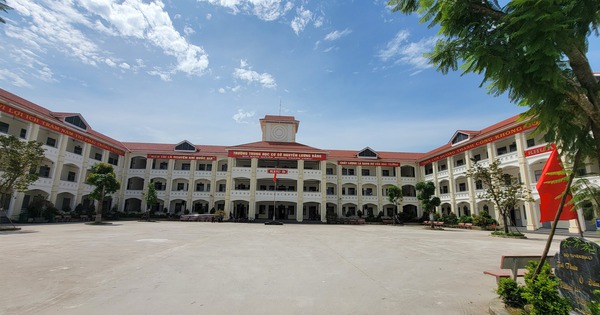


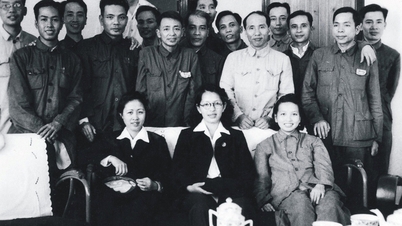
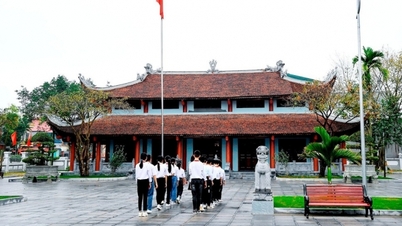

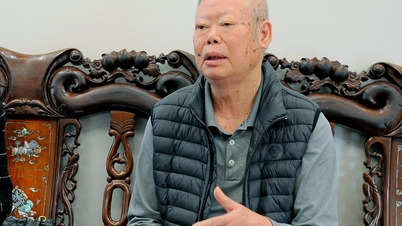
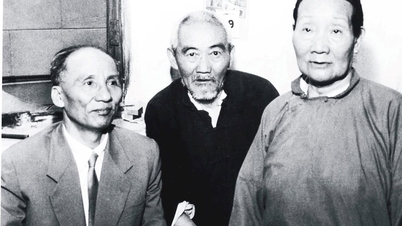
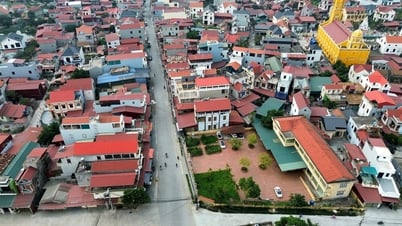
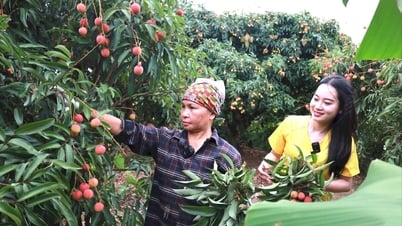

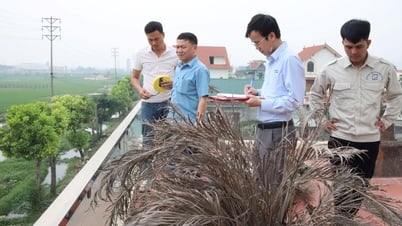
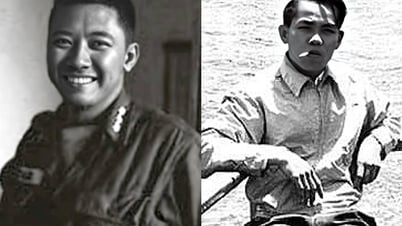
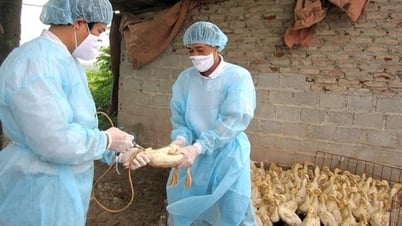




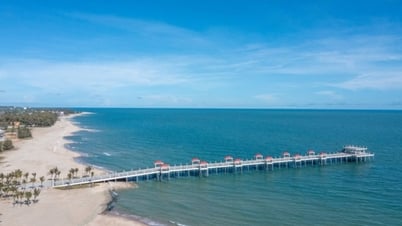
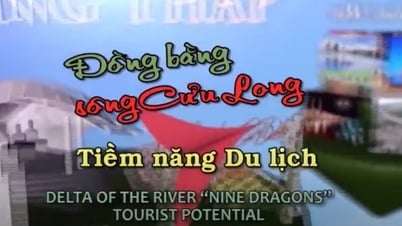

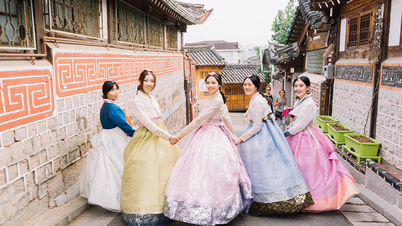

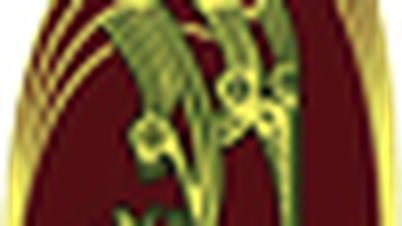







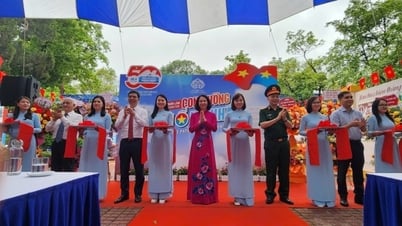











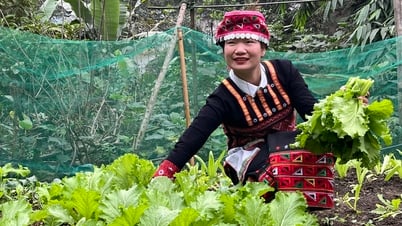

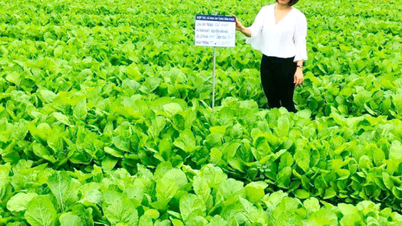

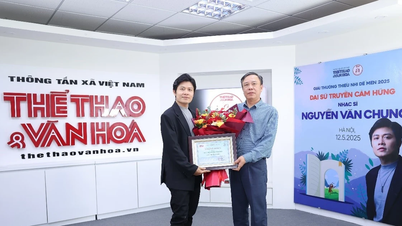












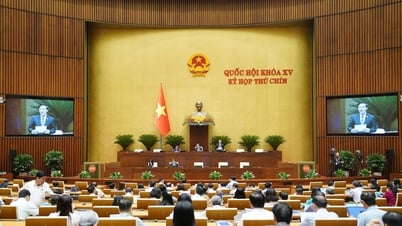





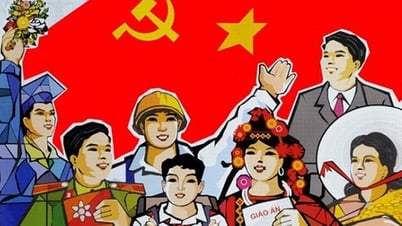

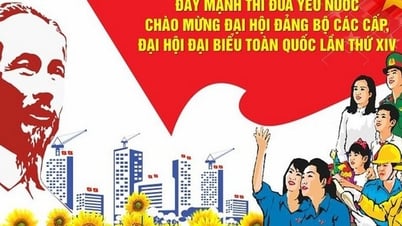

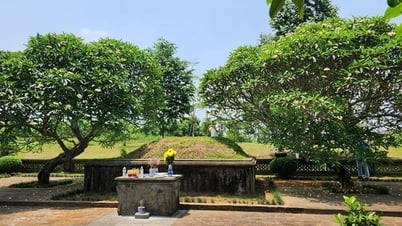
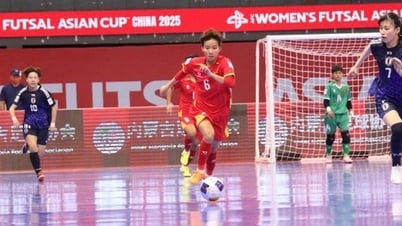

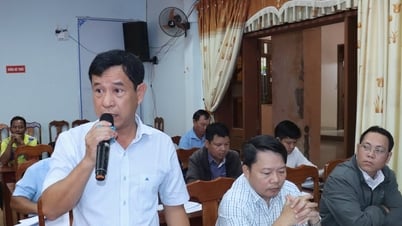



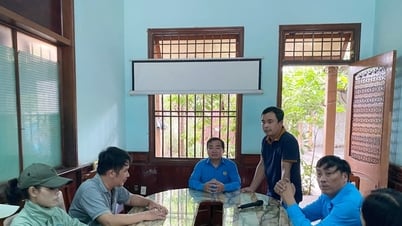
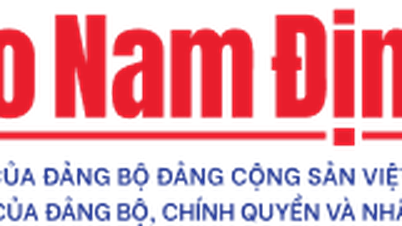

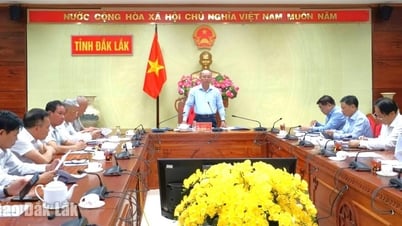









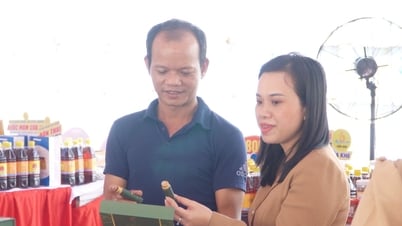
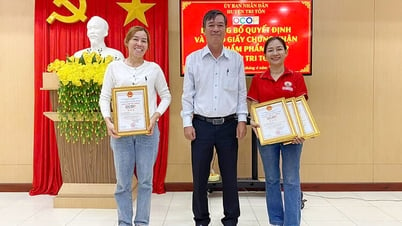



Comment (0)